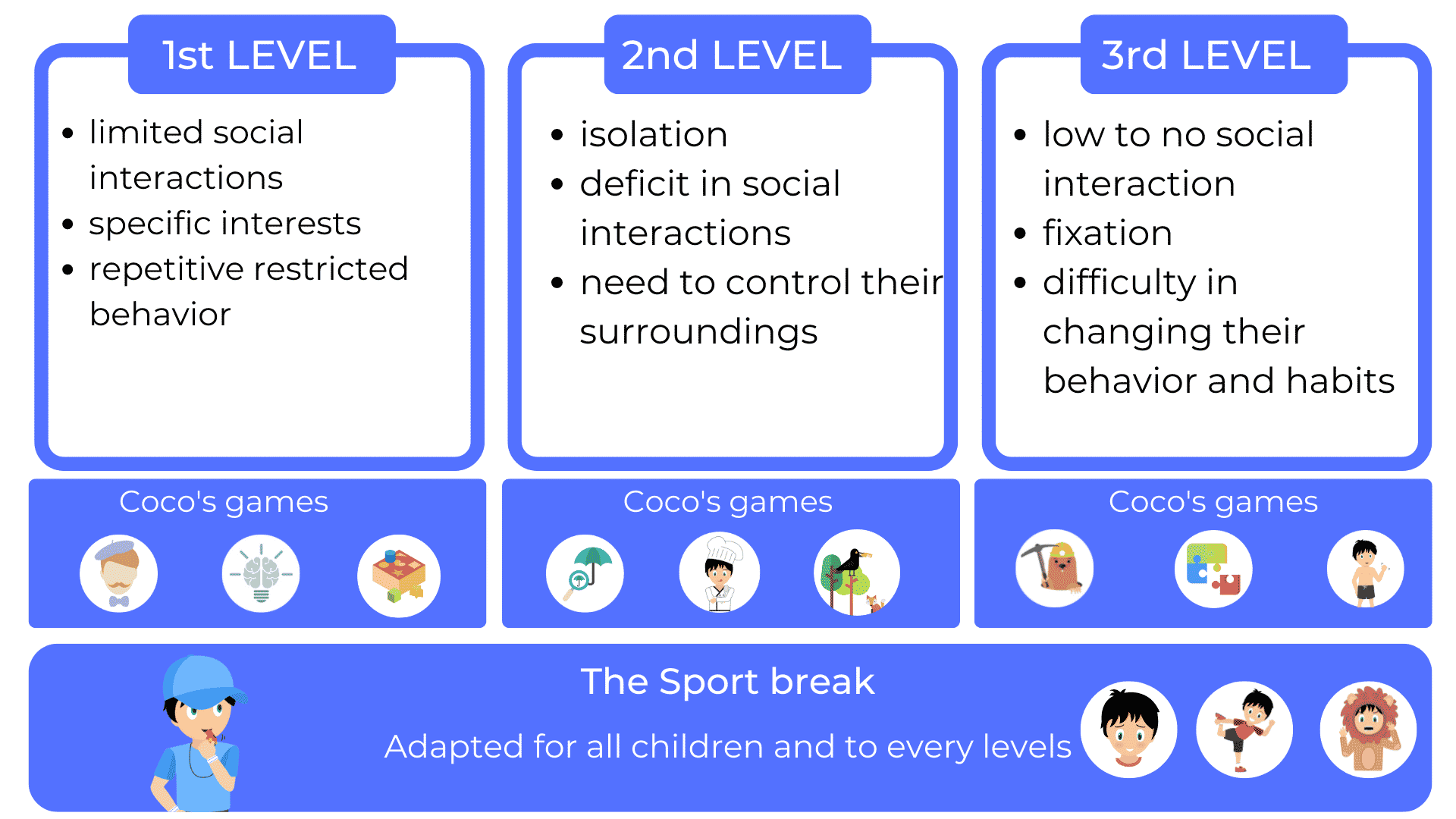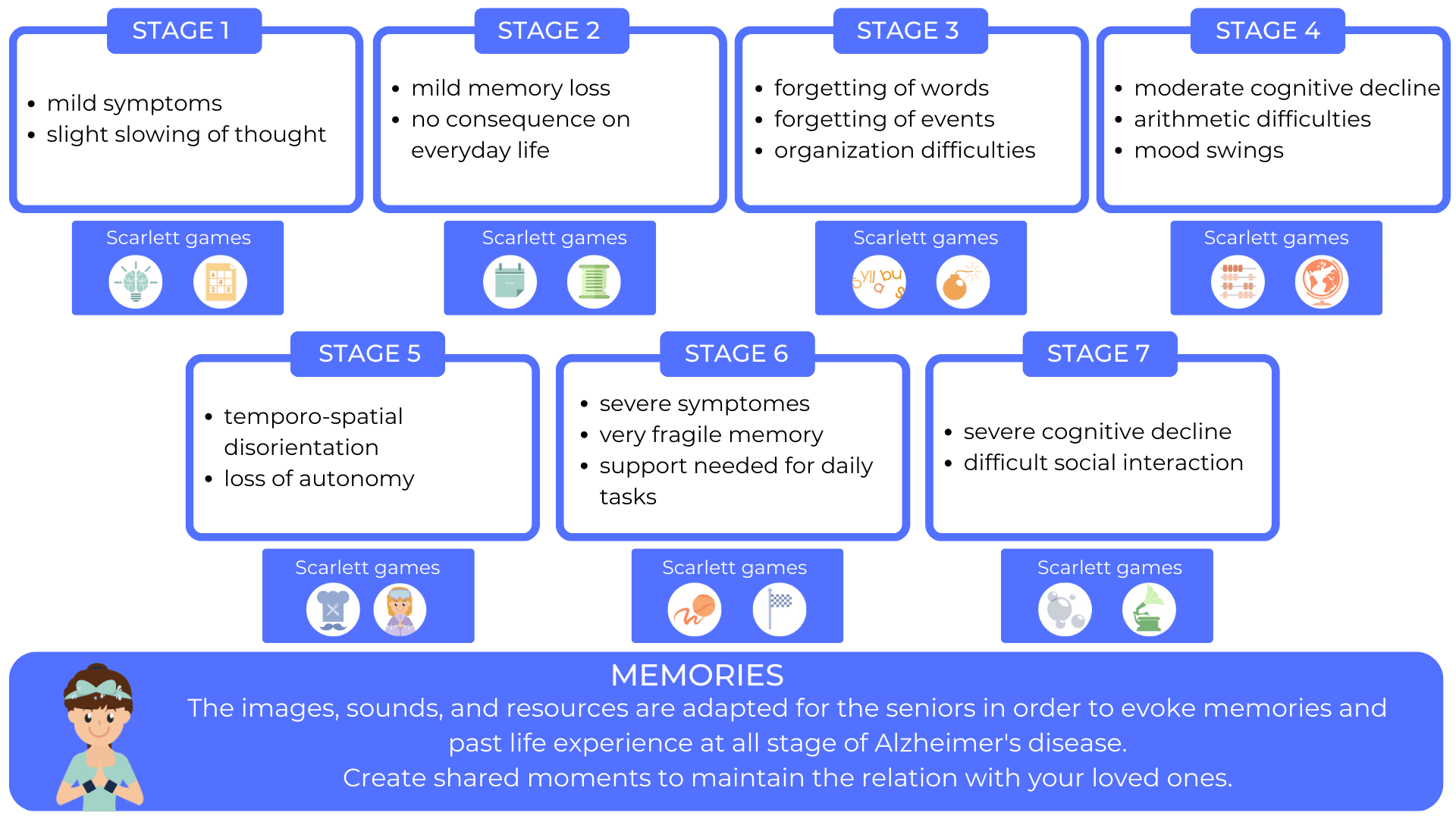Cognitive flexibility is an important aspect of our brain that allows us to adapt to new and changing situations. It is closely related to other cognitive functions, such as working memory, attention and inhibition. In this article, we will explore what cognitive flexibility is, how it works and how it can be improved at any age.
What is cognitive flexibility?
Cognitive flexibility is the ability to shift mental perspectives and adapt to new or changing situations. It is also known as mental flexibility or mental plasticity. It is closely related to other cognitive functions since it requires an exchange of information.
Cognitive flexibility is important for problem solving and effective decision making. It allows you to consider different perspectives and solutions for a given problem, and to find the one that best suits the situation. It is also important for behavioral flexibility, which refers to the ability to adapt to social situations and modify one’s behavior according to the demands of the situation.
Cognitive flexibility in children
Cognitive flexibility is a skill that develops throughout childhood. Children who have good cognitive flexibility are better equipped to solve problems and adapt to new or unexpected situations.
Children can develop cognitive flexibility by playing games that encourage creative thinking and problem solving. Activities that involve planning and decision-making, such as role-playing, can also help develop cognitive flexibility.
Cognitive flexibility in adults and seniors
Cognitive flexibility continues to develop throughout adulthood, but it can decrease with age. Adults and seniors who have good cognitive flexibility are better equipped to adapt to changes in their professional and personal lives, and to maintain good mental health.
Cognitive flexibility can be stimulated in adults and seniors by encouraging the practice of meditation, yoga, artistic and creative activities, and by promoting lifelong learning. Activities that involve learning new skills or problem solving can help maintain and improve cognitive flexibility. Like any cognitive function, also for cognitive flexibility, brain training is very useful.
Cognitive flexibility disorders
Supporting children with Autism
Certain disorders can affect cognitive flexibility, such as autism spectrum disorders (ASD), schizophrenia and Alzheimer’s disease. People with these disorders may have difficulty adapting to new or changing situations.
Supporting seniors with Alzheimer’s
People with Alzheimer’s disease can benefit from cognitive stimulation exercises to maintain their cognitive flexibility. People with ASD and schizophrenia can benefit from behavioral therapies that help them develop cognitive flexibility.
How to improve cognitive flexibility
It is possible to improve cognitive flexibility at any age. Here are some methods to stimulate this cognitive function:
- Regular practice of meditation or yoga can help improve cognitive flexibility. These practices encourage concentration, self-awareness and emotional regulation, all skills related to cognitive flexibility.
- Artistic and creative activities, such as painting, sculpting or music, can also help improve cognitive flexibility. These activities stimulate creativity and encourage the exploration of new ideas and perspectives.
- Continuous learning is another effective way to improve cognitive flexibility. Learning new skills or discovering new information stimulates the brain and can help improve cognitive flexibility.
- Board games, puzzles and video games can also help improve cognitive flexibility. These activities stimulate problem solving, attention and working memory, all skills related to cognitive flexibility.
- Finally, mindfulness practice can help improve cognitive flexibility. Mindfulness is being fully aware of the present moment, without judgment. This practice encourages concentration, self-awareness and emotional regulation, all skills related to cognitive flexibility.
In conclusion, cognitive flexibility is an important cognitive function that allows us to adapt to new and changing situations. It is closely linked to other cognitive functions such as working memory, attention and inhibition. Cognitive flexibility can be improved at any age through activities such as meditation, art activities, lifelong learning, board games and mindfulness. By keeping our brains active and stimulated, we can maintain and improve our cognitive flexibility throughout our lives.
CLINT, your brain coach
Brain training programs
There are many ways to exercise your memory and cognitive functions. Daily practice of brain exercises reduces the risk of neurological disorders, as some programs act on all cognitive functions.
The CLINT brain training program was designed specifically for adults to keep the brain healthy through fun and challenging brain exercises. It has over 30 cognitive games and targets concentration, focus, reflexes, language and many other cognitive functions.
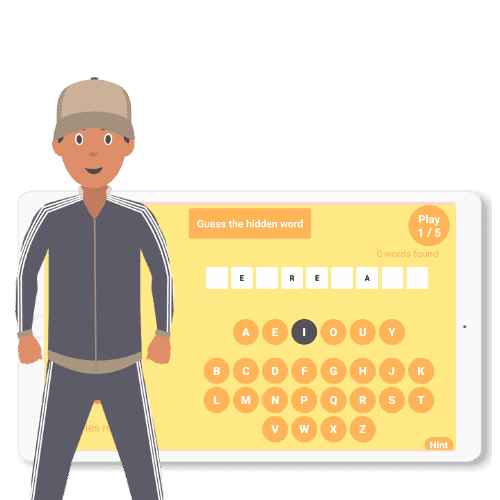
Congested Parking
In this game you have to get the yellow car out of the parking lot.
In order to find the right sequence of movements, cognitive flexibility is stimulated, since it is necessary to imagine the different possibilities and the movements of the cars. In some levels there are several possible solutions, but you have to find the fastest one.
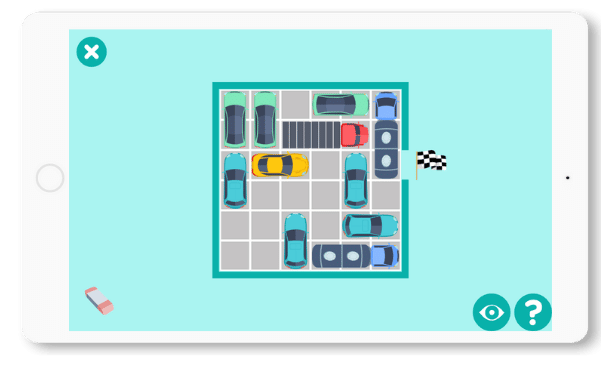
Sudoku
In this game you have to solve grids of the classic sudoku game.
Each game has a different grid, so you have to adapt to the numbers present and their positions. To find the right solution we use logic and we have to store the information and manipulate it.
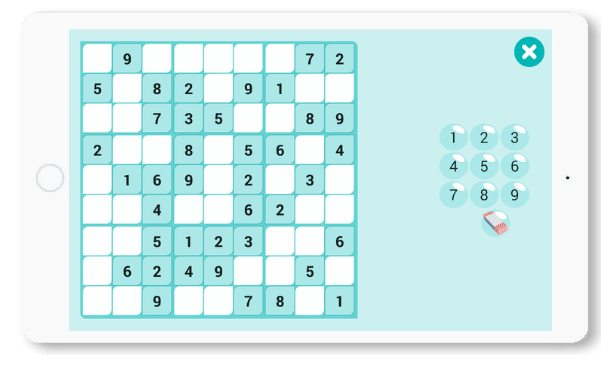
Quizzle
In this game you have to answer general knowledge questions.
This game allows us to learn new things and to check our general knowledge. To find the right answer we have to use our memory, but sometimes we can also use logic, depending on the proposals.
In the iOS version, it is possible to play FaceTime with your friends. This makes the game more fun and keeps the social interaction good.
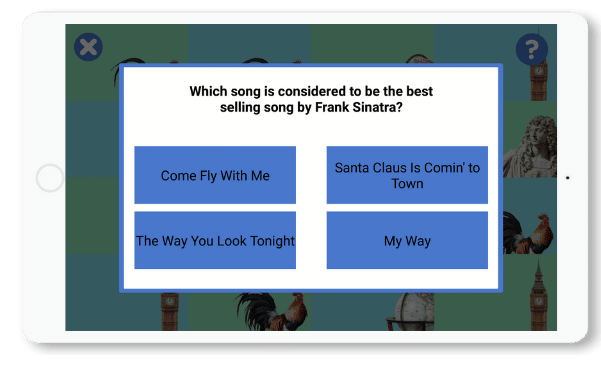
Other articles that might interest you:
How Parents Can Contribute to Teacher Training
As we delve into the realm of education, it becomes increasingly clear that teacher training is not merely a...
Differentiated Instruction Approaches: Training and Practical Application
Differentiated instruction is a pedagogical approach that recognizes the diverse needs of students in a classroom. It...
Key Skills Teachers Need to Support Students with Special Needs
As we embark on our journey to support children with special needs, it is essential for us to cultivate a deep...


